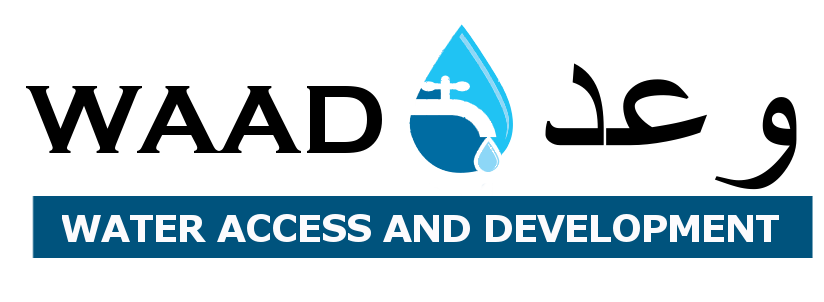Despite Lebanon's rich natural water resources, with abundant surface water, groundwater, and springs, residents lose over 48% of water resources through leakages, illegal connections, and poor infrastructure.
For these reasons, in Berqayel, ACTED recently piloted household-level Rainwater Harvesting (RWH) systems. These represent a simple, low-cost solution for the collection and storage of rainwater for daily use. Residents are already seeing the benefits of the system through reduced reliance upon expensive private sector water trucking companies.
Berqayel faces water problems
Berqayel is one of the oldest towns in Akkar Governorate in northern Lebanon. It is well known for its olive production, charming green fields, and warm climate, with considerable rainfall in the winter.
Despite these factors, Berqayel struggles years with high poverty rates, mounting unemployment, inadequate access to basic services and chronic water scarcity, partly due to recurring droughts.
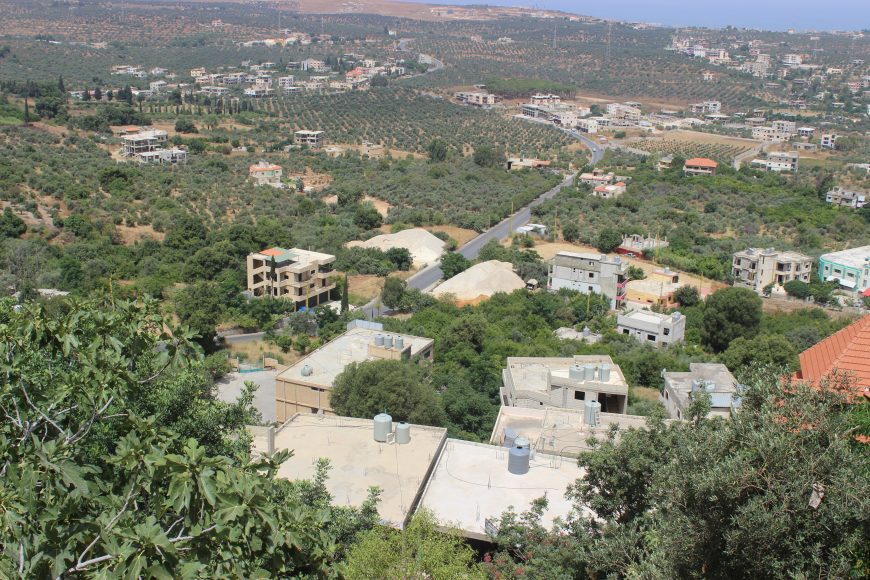
Recent groundwater testing revealed the presence of high chemical contamination in almost all natural water resources within Akkar governorate. This has worsened the chronic water scarcity in the district, since residents used to rely on groundwater for their daily water needs.
Because of these challenges, residents of Berqayel are obliged to buy all of their water from the private sector regardless of the season, placing an additional financial burden upon already struggling families.
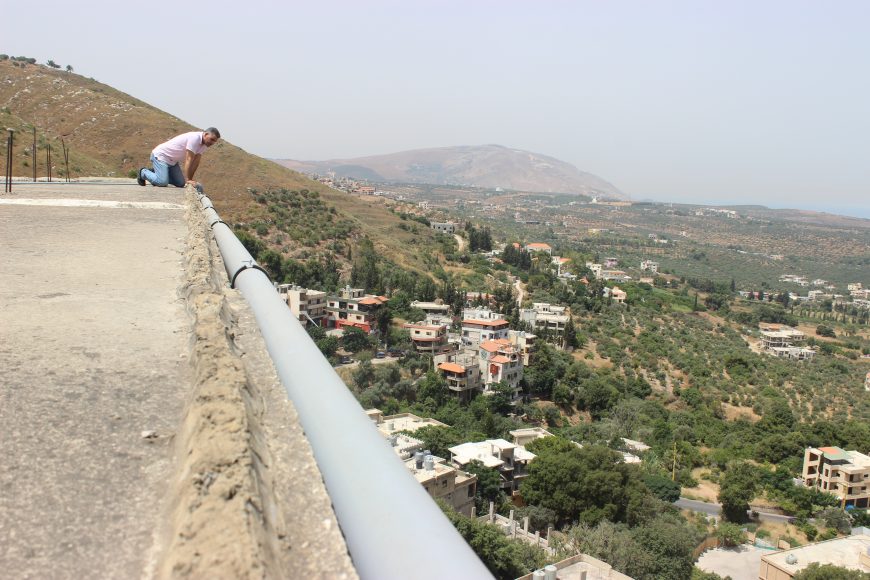
Rainwater Harvesting: A Sustainable Solution for All
In 2018, ACTED introduced and implemented its first Rainwater Harvesting (RWH) pilot program. This provides an effective, cost-efficient, simple and decentralized solution to address the imminent water needs of the most vulnerable families in Berqayel.
The RWH system transfers rooftop rainwater straight to a nearby reservoir which then provides water directly through the household plumbing network.
I used to be burdened with debt because of my water needs, having to pay over $133 every month in order to purchase water. This project truly changed my life
Success and future expansion
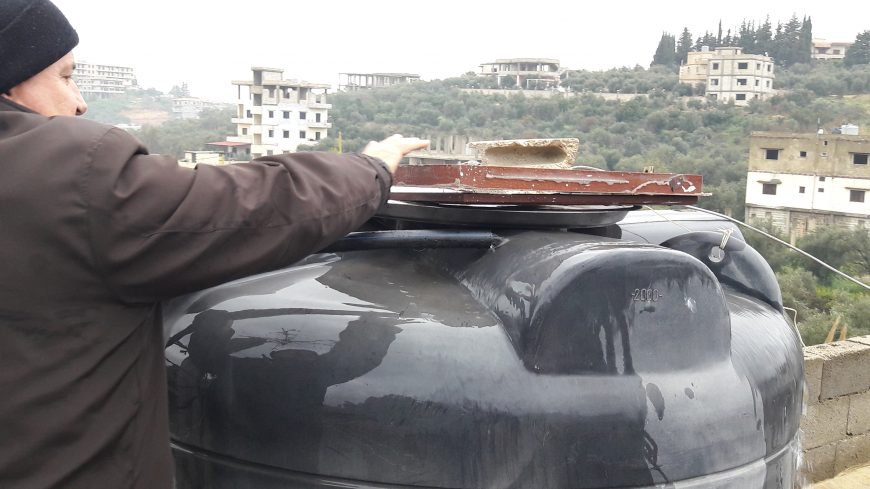
By the end of 2018, ACTED had installed 35 RWH systems benefitting over 100 families in Akkar, partly through significantly reducing their expenditure on water by as much as $100 a month. Furthermore, ACTED installed a system on the municipality building as a showcase aimed at the village residents.
The community is extremely happy and positively surprised. The installations targeted one of their most urgent needs, and households who received installations felt immediate and palpable benefits. It is the first time that an NGO proposes a plan for water management and actually implements it. The results are outstanding and should be duplicated so that even more households benefit.
ACTED is continuing its cooperation with the local municipality in an effort to promote the RWH concept beyond Berqayel.
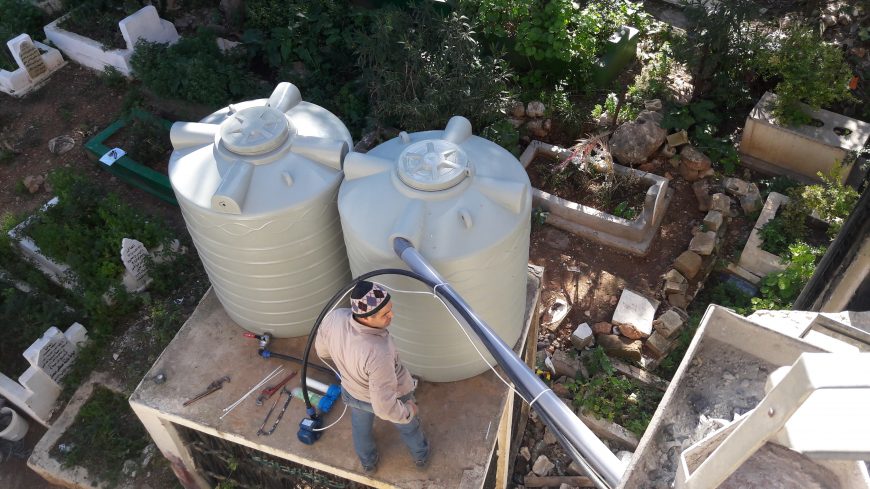
ACTED implemented this project as part of the WAAD (Water Access and Development) Consortium with support from EU MADAD:
